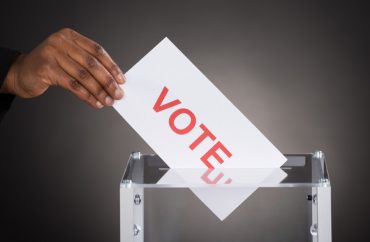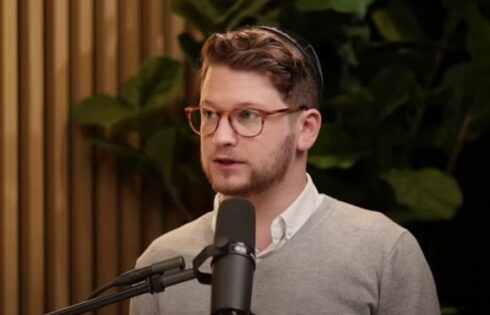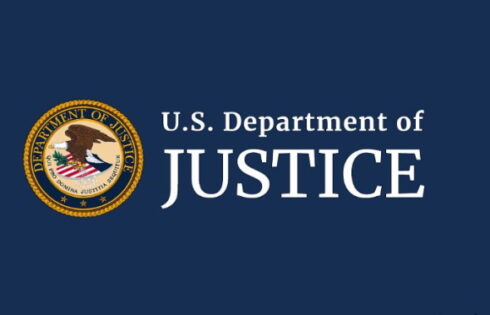
Benefits would be for descendants of slaves owned by school
By an overwhelming margin, Brown University students have voted in favor of reparations for descendants of slaves affiliated with the school and its founders.
The referendum last week asked the students two questions: whether the school should make “all possible efforts to identify the descendants of enslaved Africans who were entangled with and/or afflicted by the University and Brown family and their associates” and whether those descendants should receive reparations.
The first question passed with 89 percent approval and the second passed with 85 percent approval.
Of the 7,000 undergraduate students at Brown, 2,000 cast ballots in the reparations referendum.
The recommendation now goes before administrators, who have the ultimate authority on the matter at the Ivy League institution.
A resolution passed by the Undergraduate Council of Students on February 24 suggested the reparations would come in the form of preferential admissions for the descendants of slaves associated with the school and its founders, as well as scholarships and direct payments to those individuals.
The resolution further called on the university to investigate the same benefits to “Native American groups indigenous to the land Brown occupies such as the Narragansett.”
“Confronting questions of reparations and institutional reckoning with connections to the transatlantic slave trade has a deep history at Brown,” said school spokesman Brian Clark in statement to the media following the referendum vote.
In 2003, new Brown President Ruth Simmons — the first black president of an Ivy League university — created a Committee on Slavery and Justice to study the school’s historic ties to slavery. In 2006, the committee issued a full report that stopped short of recommending reparations or identifying descendants of slaves affiliated with Brown.
“The committee’s work is not about whether or how we should pay reparations,” said Simmons at the time. “That was never the intent nor will the payment of reparations be the outcome.”
Clark, the spokesperson, said that Brown interrogated this issue as a full community from 2003 to 2006, and Brown committed to a series of actions whose impact persists in our education, research, engagement with historically underrepresented groups and ongoing work in diversity, equity and inclusion.”
“The current work of Brown’s Task Force on Anti-Black Racism will make recommendations on more Brown can do to address the legacy of slavery.”
Clark did not respond to a request for comment from The College Fix.
“Ultimately, Brown’s professed mission to atone for its history with the slave trade will have no tangible, just and equitable impact if descendants of slavery do not receive on behalf of their ancestors the debts owed to them for forced, unpaid labor,” wrote Undergraduate Council of Students President Jason Carroll in an op-ed in The Brown Daily Herald.
“While the Brown family, the University and its benefactors were enriching themselves from slavery, they were denying generations of Black Americans the opportunity to accrue wealth and achieve a better life for their families,” wrote Carroll and Daily Herald opinions editor Jordan Allums. “The University’s prosperity comes as a direct result of the oppression of Black Americans.”
Carroll did not respond to a number of questions posed to him by The College Fix.
If Brown moved forward on reparations plans, it would be following schools such as Georgetown University, the Virginia Theological Seminary, and the Princeton Theological Seminary in attempting to identify descendants and offer reparations. In 2019, Georgetown created a $400,000 reparations fund, paid for by donations and other philanthropic efforts.
MORE: Brown U. Undergraduate Council of Students wants slavery reparations, Juneteenth holiday
IMAGE: Andrey Popov / Shutterstock.com
Like The College Fix on Facebook / Follow us on Twitter






Please join the conversation about our stories on Facebook, Twitter, Instagram, Reddit, MeWe, Rumble, Gab, Minds and Gettr.